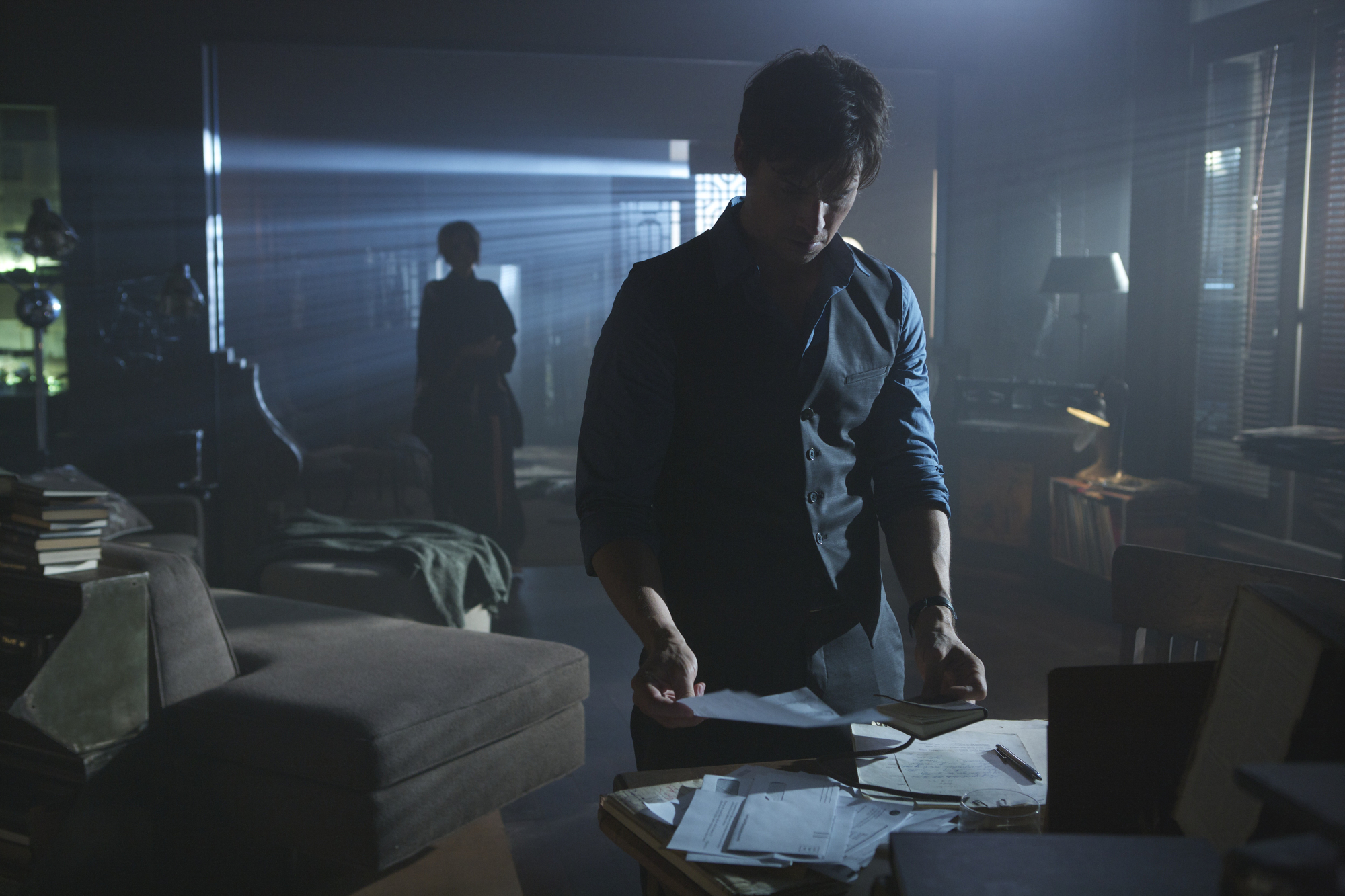synchronicity: [n.] the simultaneous occurrence of events that appear significantly related but have no discernible causal connection
It is hard to deny the immense complexity that comes with dealing in time travel. Interlocking universes are only the beginning of the formula as viewers must pay close attention to every last detail, allowing for full comprehension of what exactly is going on within the story, as well as the cause and effect that occurs with each action.
Jacob Gentry’s Synchronicity proves no exception to the rule, demanding your full attention as he works to interlock the worlds of science fiction, romantic thriller and mystery into one, fully encompassing narrative.
Jim Beale, a physicist who has successfully created a time machine that can fold space-time, is at the center of the story. Played by Chad McKnight, Jim must work to prove that his invention works, all while keeping it out of the hands of a pesky corporate tycoon who will stop at nothing to claim it as his own.
McKnight does well with what he is given, sloshing around in subpar dialogue and a lackluster character arc. But somewhere along the way the pitfalls prove too deep as he finds himself fighting an exhausting uphill battle, succumbing to the story’s lackluster development and cliché roadblocks.
The convoluted love affair between Jim and Abby (played by Brianne Davis) is anything but romantic - and the constant question as to which side she rests with grows old by the halfway point. Granted the pair of pretty to look at, but the substance is absent from the onset as the pair share no authentic chemistry, leaving much to be desired during their ‘intimate’ interactions.
Gentry, who wrote and directed the film, bears much of the blame for the colossal blunder as he appears to lack a distinctive direction, creating a shaky hand as we works to maneuver a carefully calculated story through the rigors of a monotonous circle of checkpoints, ensuring that each segment fits the mold it is meant to fill - no deviation allowed.
The story itself appears to be working its way around a clock, with the characters serving as the gears, carefully maneuvering there way around a circle, unable to act on impulse as every motion is micromanaged from a far. The end result is a bland, lackluster story that attempts to do too much with too little.
Gentry makes up for his missteps with an undeniable eye, delivering immensely beautiful shots that open the door to what could have been. But the full scope of the feature goes unchanged, leaving a glimmer of hope that never matures to fruition, instead becoming stale as the story progresses past points of opportunity without so much as a hesitation.
As the film’s central story begins to take form and Jim shows signs of proving that his invention works, you can’t help but feel detached from everything that is happening. Sure there are questions that finally get answered, giving signs that the third act has finally arrived and the struggle to stay awake will soon be over. You find your attention shifting to your watch during the final moments as you ponder your next meal, not the fate of those whom you’ve been watching for the last ninety minutes.

